While standing in the doorway of the video shop where he works, Bazil is inadvertently shot in the head. Now homeless and jobless, he is taken in by a troupe […]
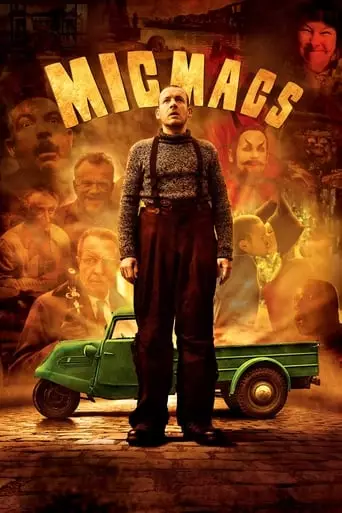
While standing in the doorway of the video shop where he works, Bazil is inadvertently shot in the head. Now homeless and jobless, he is taken in by a troupe […]
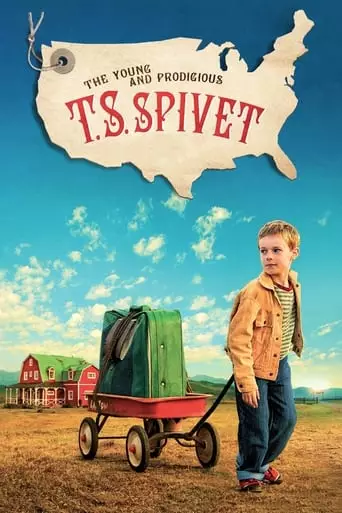
A 10-year-old child prodigy cartographer secretly leaves his family’s ranch in Montana where he lives with his cowboy father and scientist mother and travels across the country on board a […]
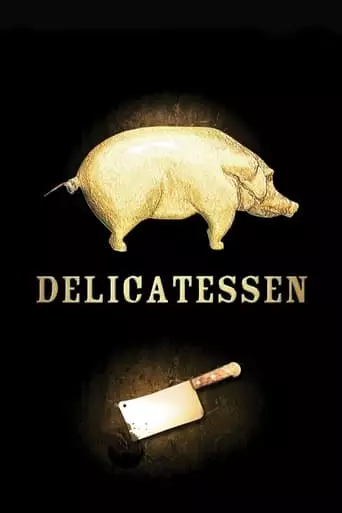
In a post-apocalyptic world, the residents of an apartment above the butcher shop receive an occasional delicacy of meat, something that is in low supply. A young man new in […]
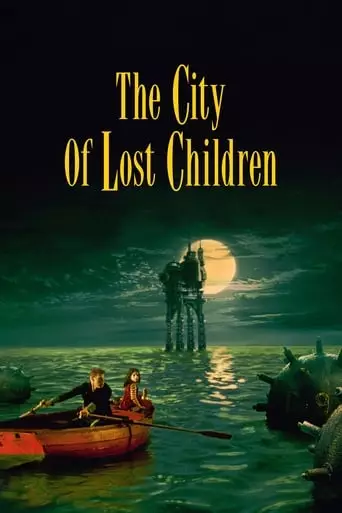
A scientist in a surrealist society kidnaps children to steal their dreams, hoping that they slow his aging process.
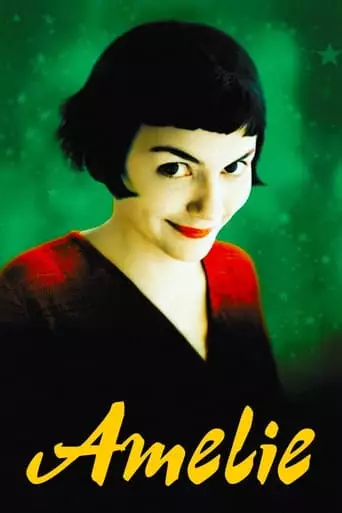
At a tiny Parisian café, the adorable yet painfully shy Amélie accidentally discovers a gift for helping others. Soon Amelie is spending her days as a matchmaker, guardian angel, and […]
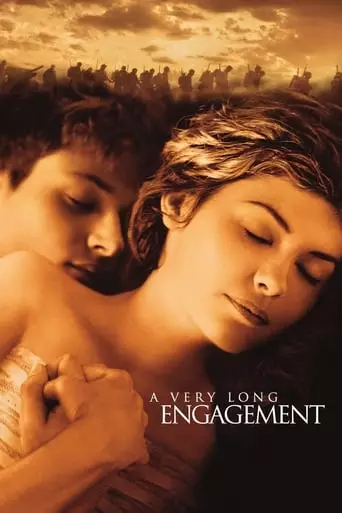
Young Frenchwoman Mathilde searches for the truth about her missing fiancé, lost during World War I, and learns many unexpected things along the way. The love of her life is […]

Two hundred years after Lt. Ripley died, a group of scientists clone her, hoping to breed the ultimate weapon. But the new Ripley is full of surprises … as are […]
Jean-Pierre Jeunet: A Visionary of Whimsy and Wonder
Jean-Pierre Jeunet, born on September 3, 1953, in Roanne, France, is a filmmaker renowned for his visually distinctive style, inventive storytelling, and ability to craft surreal yet heartfelt worlds. Known for films such as Amélie (2001), Delicatessen (1991), and The City of Lost Children (1995), Jeunet has established himself as a singular voice in modern cinema. His work often explores themes of love, nostalgia, and the resilience of the human spirit, blending dark humor with whimsical charm.
Early Life and Career Beginnings
Jeunet developed a passion for cinema during his teenage years, initially teaching himself animation techniques. He later studied filmmaking at Cinémation Studios in Paris. Early in his career, Jeunet collaborated with artist Marc Caro, creating several animated and short films that showcased their shared love for quirky, surreal visuals.
Their breakthrough short, Le Bunker de la Dernière Rafale (1981), highlighted their innovative storytelling and gained attention within the film industry.
Collaboration with Marc Caro: Delicatessen and The City of Lost Children
Jeunet and Caro co-directed two critically acclaimed feature films:
Delicatessen (1991):
Plot: A darkly comedic post-apocalyptic story set in a building where a butcher provides meat under mysterious circumstances.
Visual Style: Showcased Jeunet’s trademark aesthetic, with intricate set designs, saturated colors, and exaggerated characters.
Accolades: Won the César Award for Best Debut Film and garnered international acclaim.
The City of Lost Children (1995):
Plot: A visually rich fantasy about a mad scientist who kidnaps children to steal their dreams.
Themes: Explored memory, innocence, and the power of imagination.
Legacy: Praised for its ambitious visuals and unique world-building, cementing Jeunet and Caro as innovative filmmakers.
Hollywood Foray: Alien: Resurrection (1997)
Jeunet ventured into Hollywood with Alien: Resurrection, the fourth installment in the Alien franchise:
Plot: The film follows the resurrection of Ellen Ripley (Sigourney Weaver) and her battle against the alien species.
Challenges: While Jeunet’s visual style is evident, studio pressures and the demands of a major franchise limited his creative freedom.
Reception: The film received mixed reviews but highlighted Jeunet’s ability to bring his distinct aesthetic to a blockbuster.
Breakthrough Masterpiece: Amélie (2001)
Jeunet’s most celebrated work, Amélie (Le Fabuleux Destin d’Amélie Poulain), marked a departure from his earlier darker films:
Plot: The whimsical tale of Amélie Poulain (Audrey Tautou), a shy Parisian woman who finds joy in improving the lives of others while navigating her own path to happiness.
Visual Style:
Vibrant color palette dominated by greens, yellows, and reds.
Playful cinematography with imaginative camera angles and transitions.
Impact:
Garnered five Academy Award nominations and became one of the most successful French films internationally.
Turned Audrey Tautou into a global star and made Montmartre a cinematic icon.
Legacy: Amélie remains a cultural touchstone, celebrated for its optimism, charm, and visual poetry.
Post-Amélie Works
Jeunet continued to create films that balanced whimsy with deeper emotional themes:
A Very Long Engagement (2004):
Plot: A romantic war drama starring Audrey Tautou as a woman searching for her missing fiancé during World War I.
Reception: Nominated for two Academy Awards, praised for its emotional depth and stunning visuals.
Micmacs (2009):
Plot: A quirky tale about a man seeking revenge against arms manufacturers with the help of a group of eccentric misfits.
Themes: Tackled serious topics like war profiteering with humor and creativity.
The Young and Prodigious T.S. Spivet (2013):
Plot: A young inventor embarks on a cross-country journey to receive an award for his scientific achievement.
Reception: Lauded for its visual inventiveness, though it received less attention than his earlier works.
Bigbug (2022):
Plot: A futuristic comedy about humans trapped in a house by their own robots during an AI uprising.
Style: Marked a return to Jeunet’s eccentric storytelling, blending satire with vibrant visuals.
Filmmaking Style and Themes
Jeunet’s films are instantly recognizable for their unique aesthetic and thematic focus:
Visual Style:
Surreal, dreamlike imagery with meticulous attention to detail.
Use of saturated colors to create heightened emotional landscapes.
Recurring Themes:
Nostalgia and the passage of time.
The interplay between innocence and darkness.
Quirky, resilient characters who find beauty in the mundane.
Innovative Techniques:
Blends practical effects with CGI for a tactile yet otherworldly feel.
Dynamic, imaginative camera movements that enhance storytelling.
Legacy and Influence
Jean-Pierre Jeunet is celebrated for crafting films that transport audiences into fantastical yet emotionally resonant worlds. His meticulous approach to filmmaking, combined with his playful imagination, has inspired directors and captivated viewers worldwide.
Though his later films have not reached the same level of acclaim as Amélie, Jeunet’s body of work remains a testament to the power of visionary storytelling. His films invite audiences to see the world through a lens of wonder, proving that even the simplest stories can be extraordinary.
Conclusion
Jean-Pierre Jeunet’s career is a remarkable journey of creativity and innovation. From the dark, surreal worlds of Delicatessen to the whimsical charm of Amélie, Jeunet’s films celebrate the beauty of storytelling and the boundless possibilities of cinema. With a style that is uniquely his own, Jeunet has earned his place among the most imaginative filmmakers of his time.